Monopoly has long been the king of friendship-ruining board games, but the 1970s gave us plenty of contenders for that title. Whether it was through sneaky strategy, relentless competition, or just plain unfair game mechanics, these games had the power to turn a fun night into a battleground. The ’70s were a golden age for board games, with bright, colorful boxes promising hours of entertainment—though they often delivered frustration, betrayal, and more than a few grudges. Let’s take a trip down memory lane with 12 board games from the ’70s that could end friendships faster than you could say “Go directly to jail.”
1. Risk (1959, but wildly popular in the ’70s)
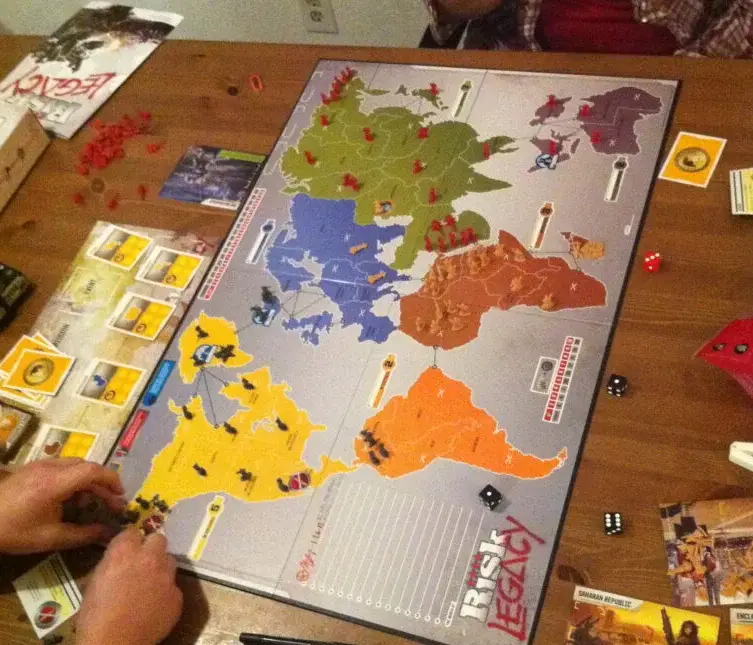
Risk might’ve been invented in the late ’50s, but it was in the ’70s that it really took over living rooms everywhere. The game of global domination seemed simple enough—conquer territories, eliminate your friends, and rule the world. But the alliances, betrayals, and backstabbing required to win could turn even the best of friends into sworn enemies. Nothing ends a friendship faster than having your armies wiped out by someone you thought had your back.
2. Sorry! (1972 version)
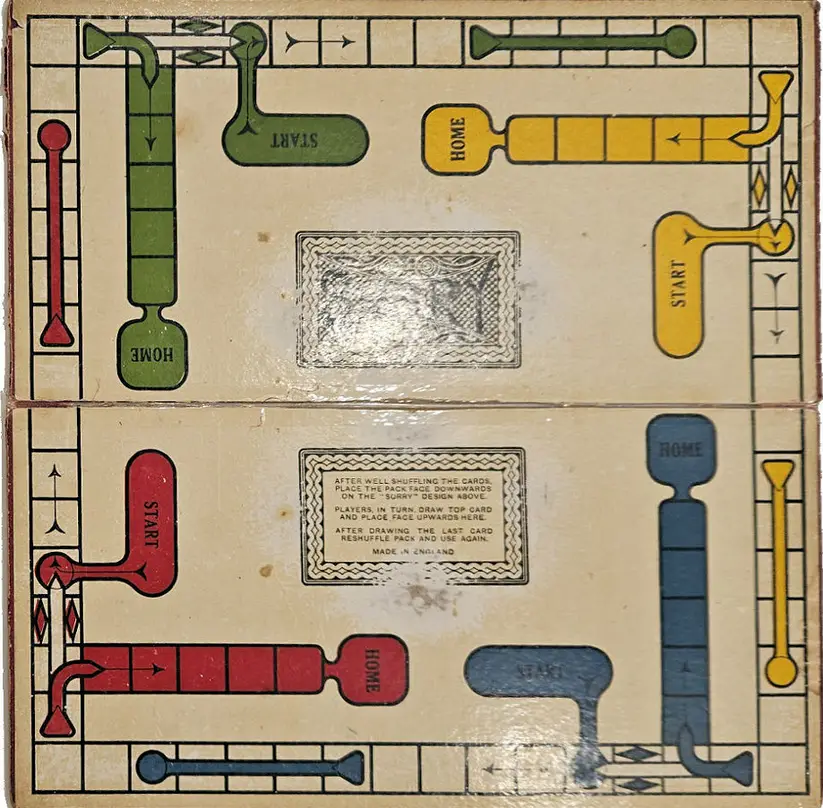
The title says it all, but Sorry! was anything but apologetic. This game of sending your opponents’ pawns back to the start with a smug grin was the perfect recipe for passive-aggressive warfare. Just when you thought you were about to win, someone would gleefully knock you back to square one. It was the kind of game where you’d say “sorry” with your mouth but not with your heart.
3. The Game of Life (1977 Edition)
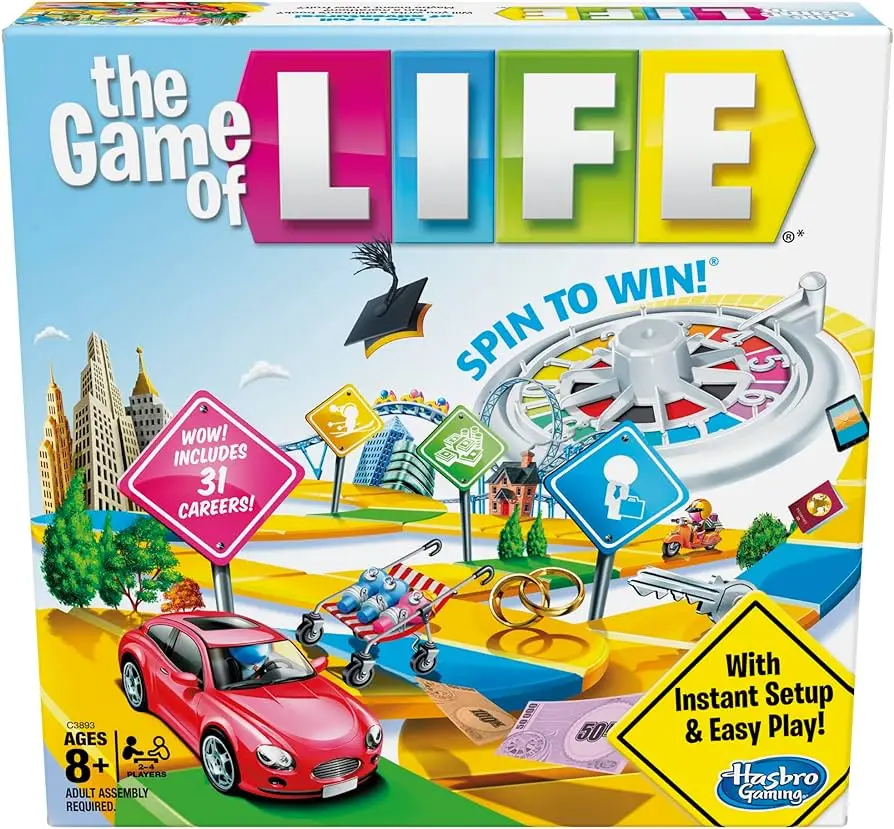
In The Game of Life, you could end up a millionaire with a mansion—or broke with a station wagon full of kids. While it looked like a wholesome family game, the randomness of it all could drive players crazy, especially when your friend somehow cruised through life effortlessly while you hit every setback. The plastic cars and peg people couldn’t soften the blow of life’s cruel twists. Watching your buddy retire in Millionaire Estates while you struggled in the poorhouse? Brutal.
4. Stratego (1961, but a ’70s staple)
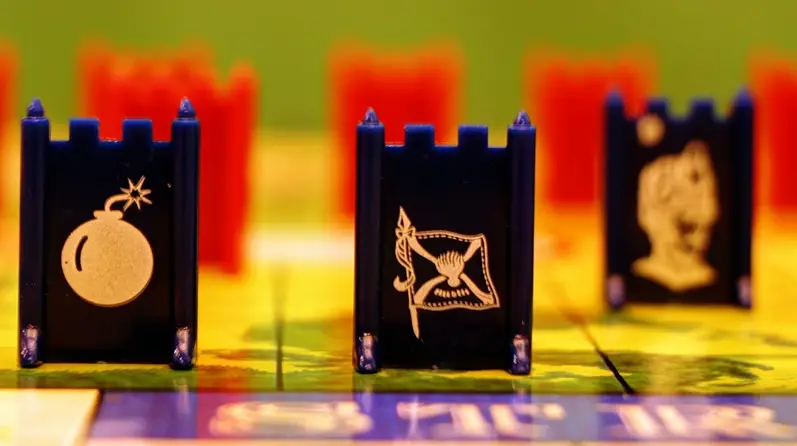
Stratego was all about deception, bluffing, and sneaky tactics. You’d spend the game trying to outmaneuver your opponent, only to have your carefully laid plans blown up by a hidden bomb—or worse, a smarter friend. It was a game of brains and betrayal, and nothing stung more than losing to someone who out-bluffed you. Many a friendship was tested when someone’s flag got captured after hours of plotting.
5. Trouble (1970)
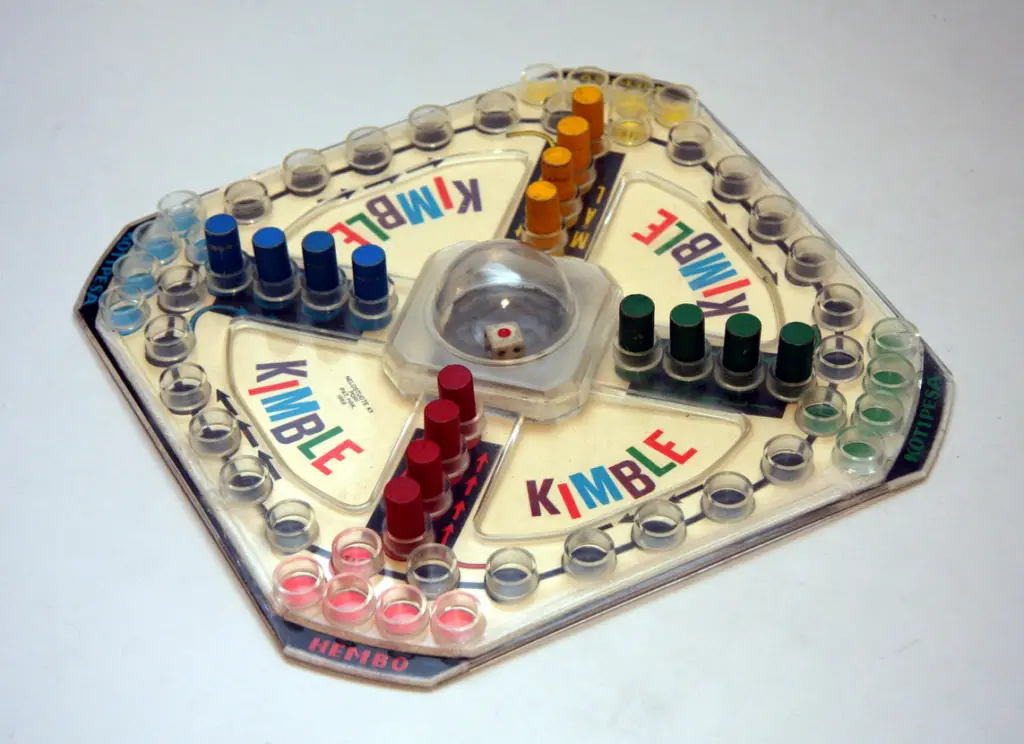
That iconic Pop-O-Matic bubble might’ve been fun to press, but Trouble was a game designed to drive you—and your friends—up the wall. The whole point was to bump your opponents’ pieces back to the start, and people took way too much joy in doing just that. The randomness of the dice, combined with the gleeful sabotage, made it the perfect recipe for friendly rivalries turning sour. You’d leave the game table thinking, “We’re in trouble now.”
6. Masterpiece (1970)
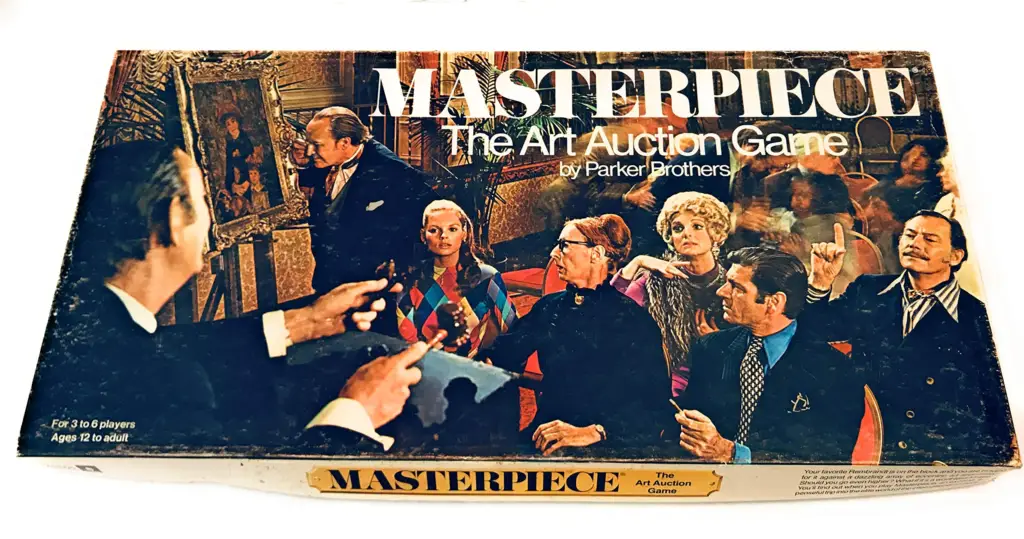
In Masterpiece, you weren’t just bidding on art—you were bidding on friendships. The game revolved around bluffing and tricking your friends into buying worthless forgeries while you hoarded valuable masterpieces. Nothing tested relationships like realizing you’d been duped into spending all your money on a fake. It was like Monopoly’s evil twin, with a touch of high-society snobbery thrown in for good measure.
7. Pay Day (1975)
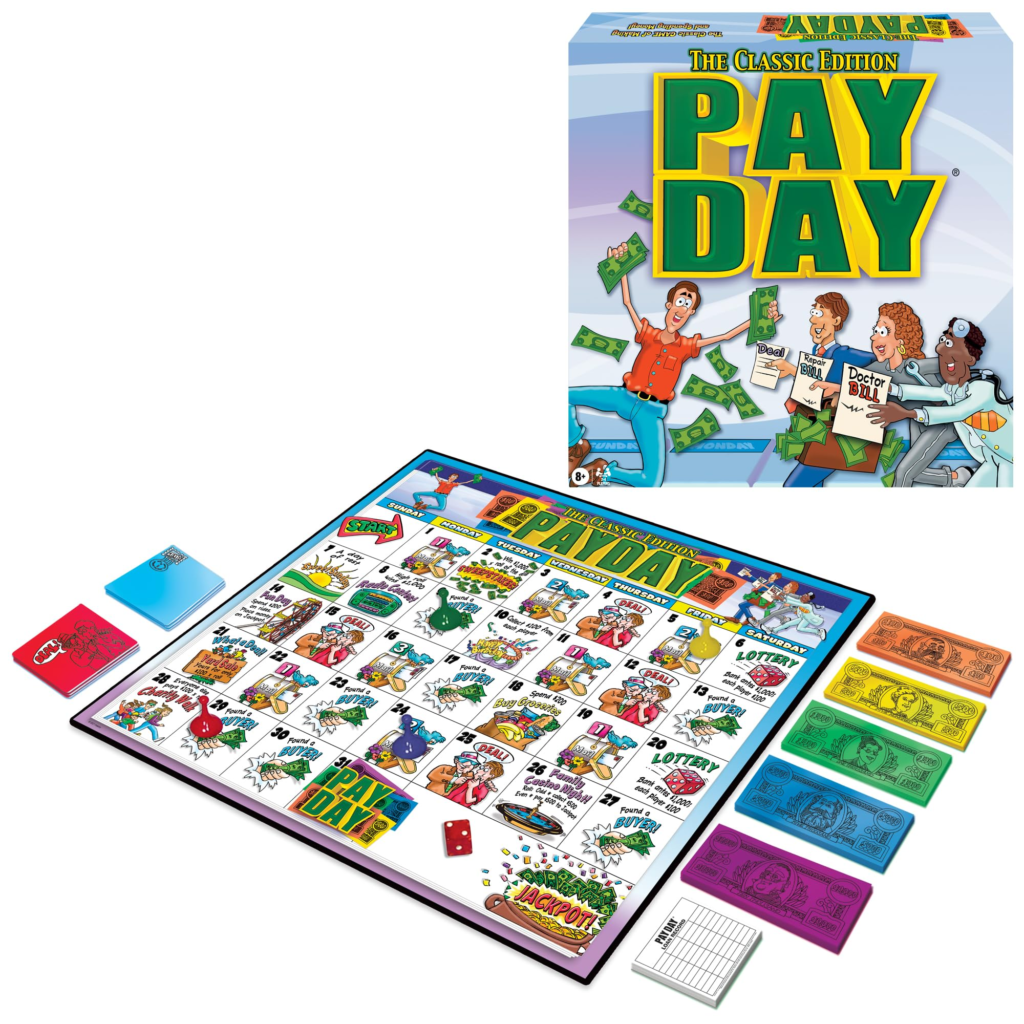
Pay Day seemed like a fun game about managing your money—but in reality, it was a game of watching your friends get rich while you drowned in bills. The calendar-style board meant every day brought new expenses, and the person with the best luck (or the sneakiest strategy) always came out on top. Watching someone else rake in the cash while you struggled to make ends meet? That’ll spark some hard feelings. It was financial frustration in cardboard form.
8. Axis & Allies (1981)
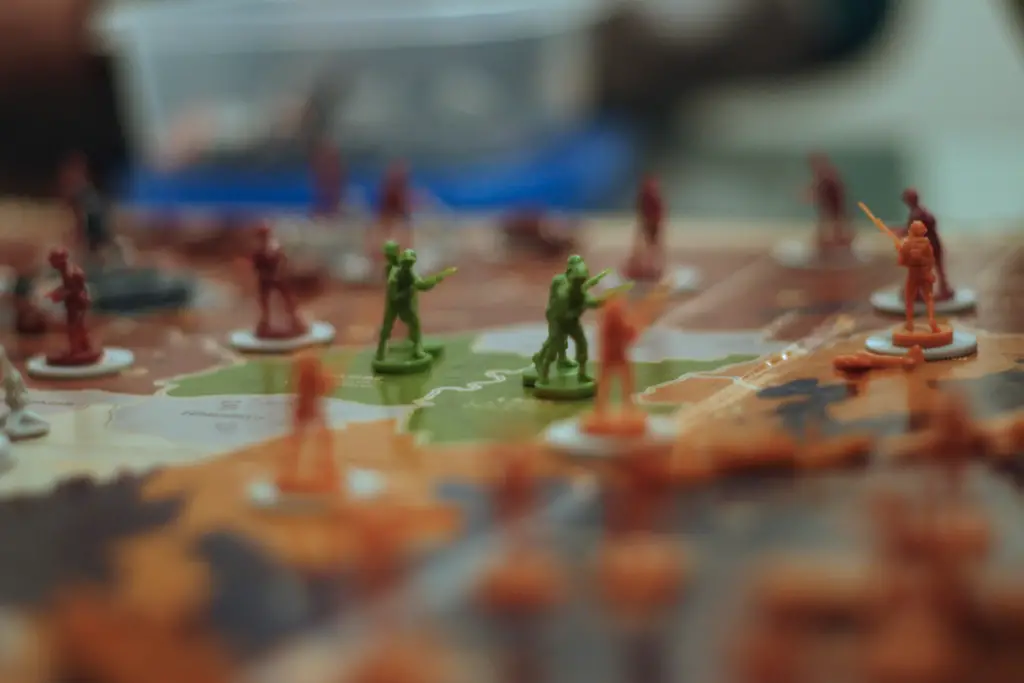
Axis & Allies wasn’t just a board game—it was an all-out war that could last for hours, sometimes even days. This complex strategy game put players in charge of world powers during WWII, demanding alliances, betrayals, and long-term planning to achieve victory. But those alliances? They were as fragile as a house of cards, and one unexpected move could flip the whole game—and your friendships—on their heads. By the time someone pulled off a surprise invasion or backstabbed an ally, you weren’t just losing territories—you were losing trust.
9. Battleship (1967, but a ’70s favorite)
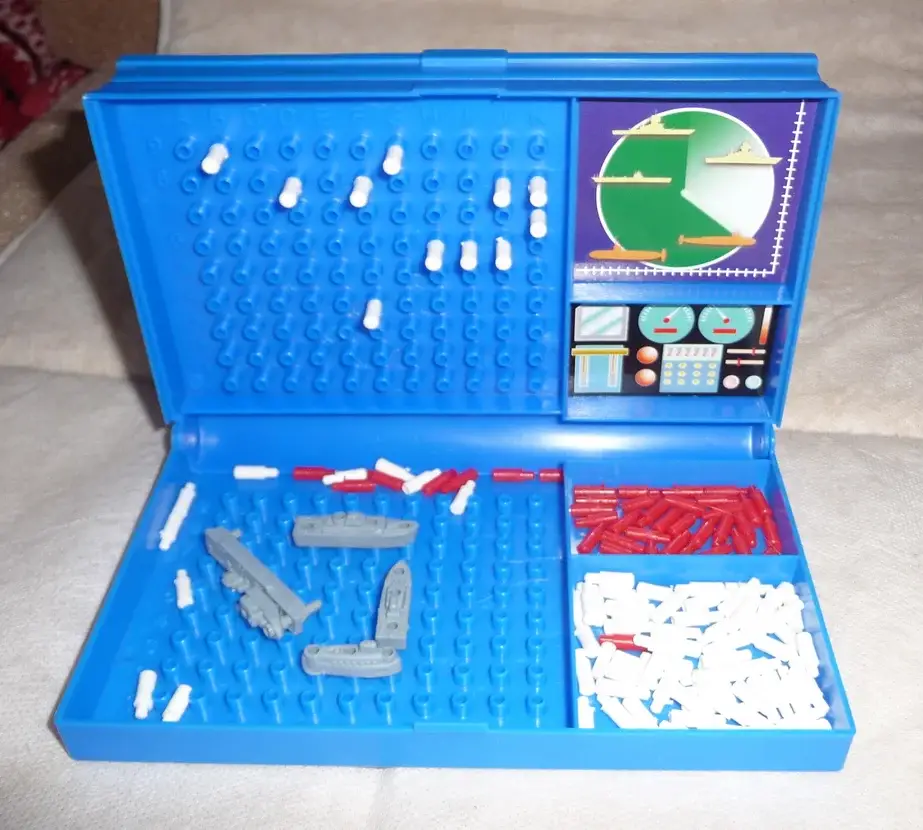
“You sank my battleship!” might be a fun catchphrase, but losing at Battleship felt like a personal attack. The game was all about strategy and guessing, but it felt like luck—and when your friend kept nailing your ships, it was hard not to take it personally. The silent tension as you waited for that final hit could make even the calmest person snap. It was less of a game and more of a naval grudge match.
10. Clue (1949, but a ’70s household staple)
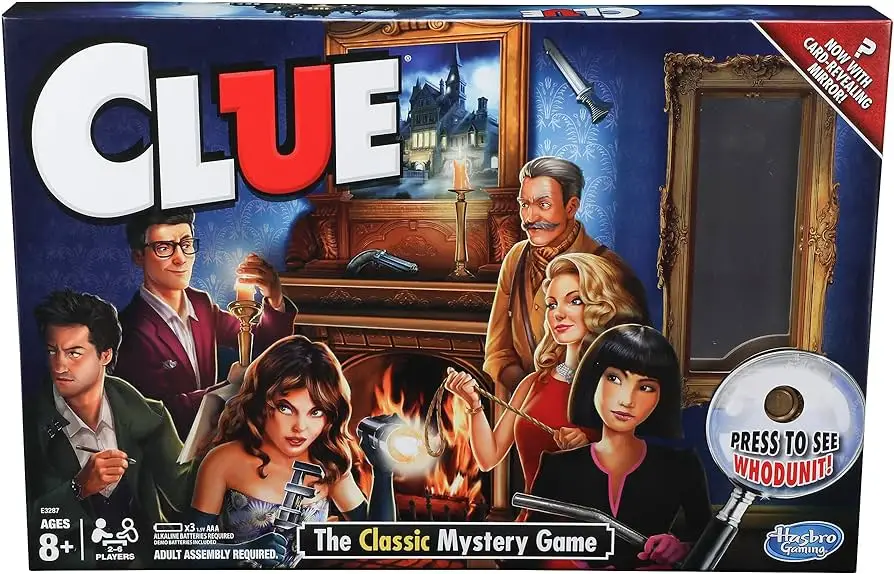
Clue turned everyone into an amateur detective, but it also brought out the worst in people. Accusing your friends of murder—repeatedly—while trying to solve the mystery first was a surefire way to stir up some drama. Nothing was more infuriating than thinking you’d cracked the case, only to find out you were dead wrong. And when someone else won by pure luck? That’s a friendship test right there.
11. Twister (1966, but a ’70s party favorite)
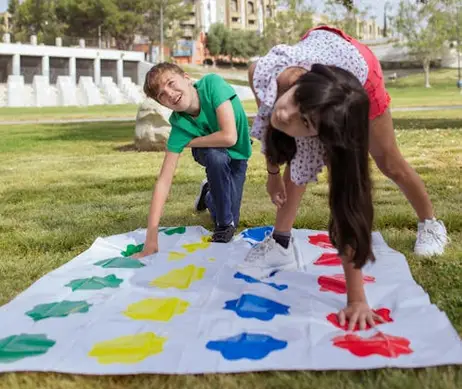
While Twister might not have ruined friendships in the traditional sense, it definitely tested boundaries—and balance. Things got awkward fast as limbs tangled and people collapsed in laughter—or frustration. It was all fun and games until someone’s foot slipped, or worse, someone accused another of cheating. The physical chaos could turn playful competition into a pile of annoyed friends.
12. Pente (1977)

Pente combined the simplicity of tic-tac-toe with the strategy of chess, and it was deceptively competitive. The goal was to line up five stones in a row or capture your opponent’s pieces, but the real game was in outsmarting your friends. Every move felt like a mental chess match, and losing to a smug friend who’d been planning their victory all along? That’s a tough pill to swallow. It wasn’t just a game—it was a battle of wits, and friendships were often the collateral damage.
Whether it was through sneaky strategies, relentless luck, or sheer competitive spirit, these board games from the ’70s had a knack for turning a fun night into a battlefield. But even with the arguments, the rivalries, and the occasional silent treatment, we kept coming back for more. After all, nothing says friendship like forgiving someone after they’ve just wiped you off the board.


